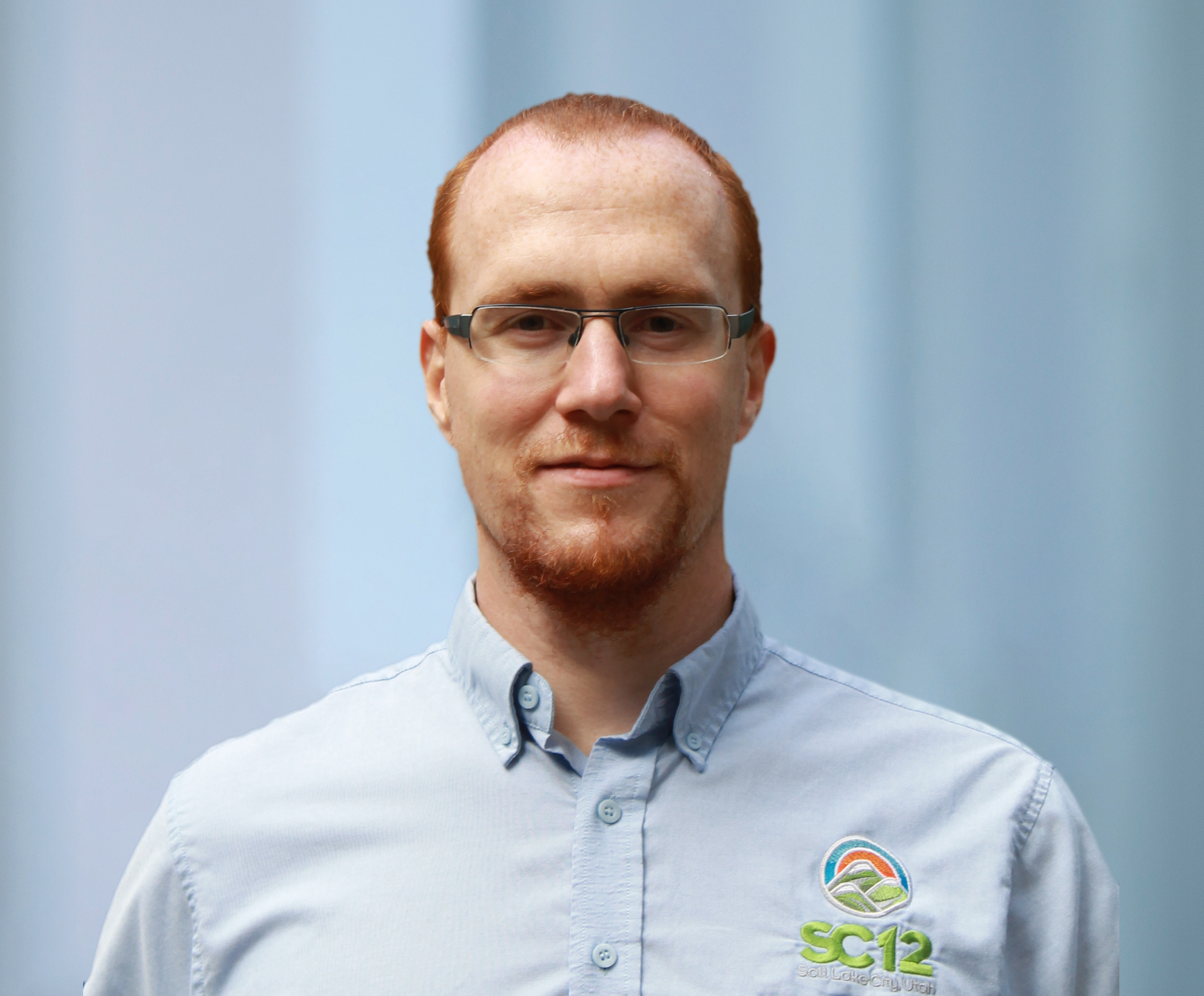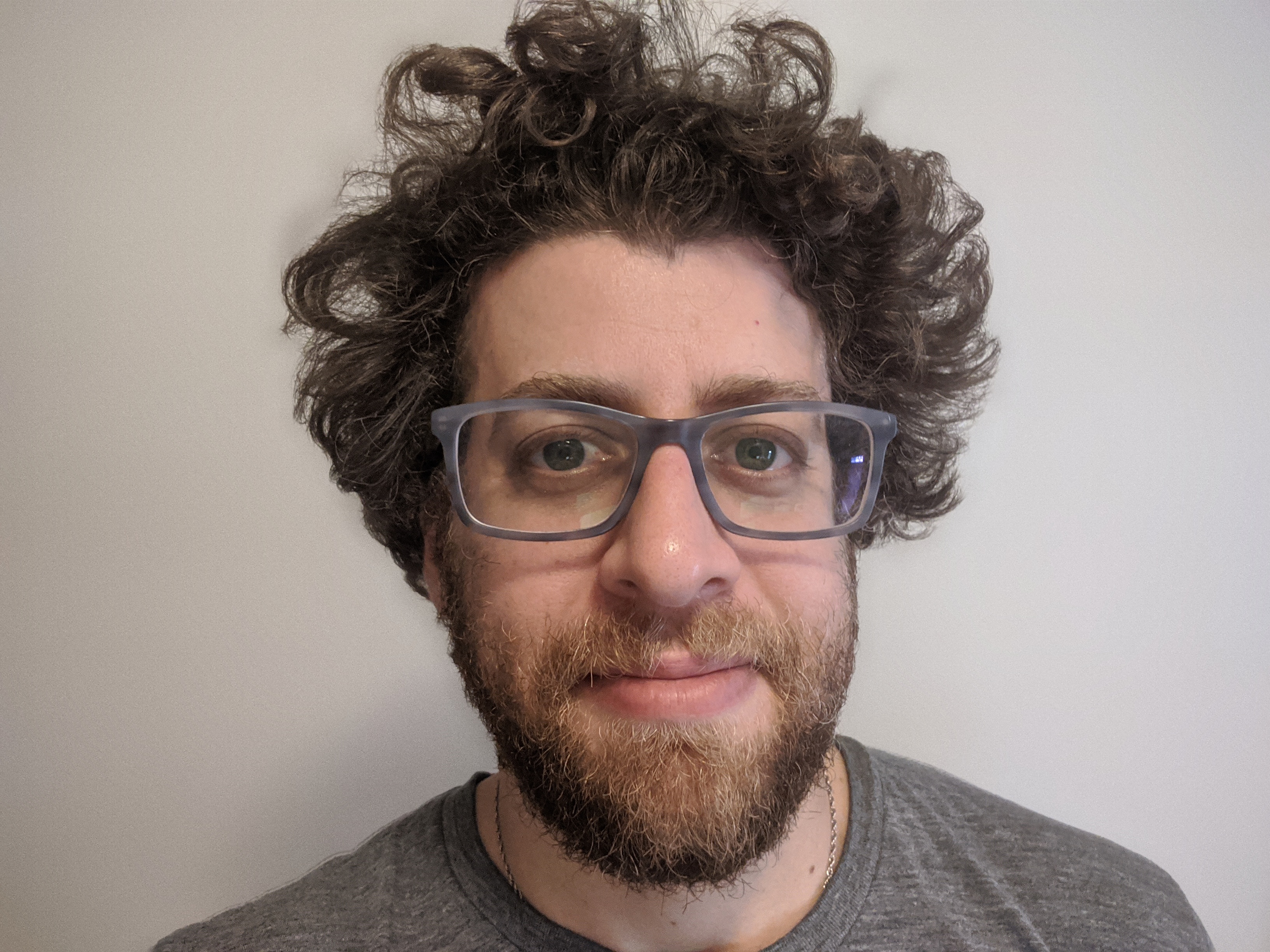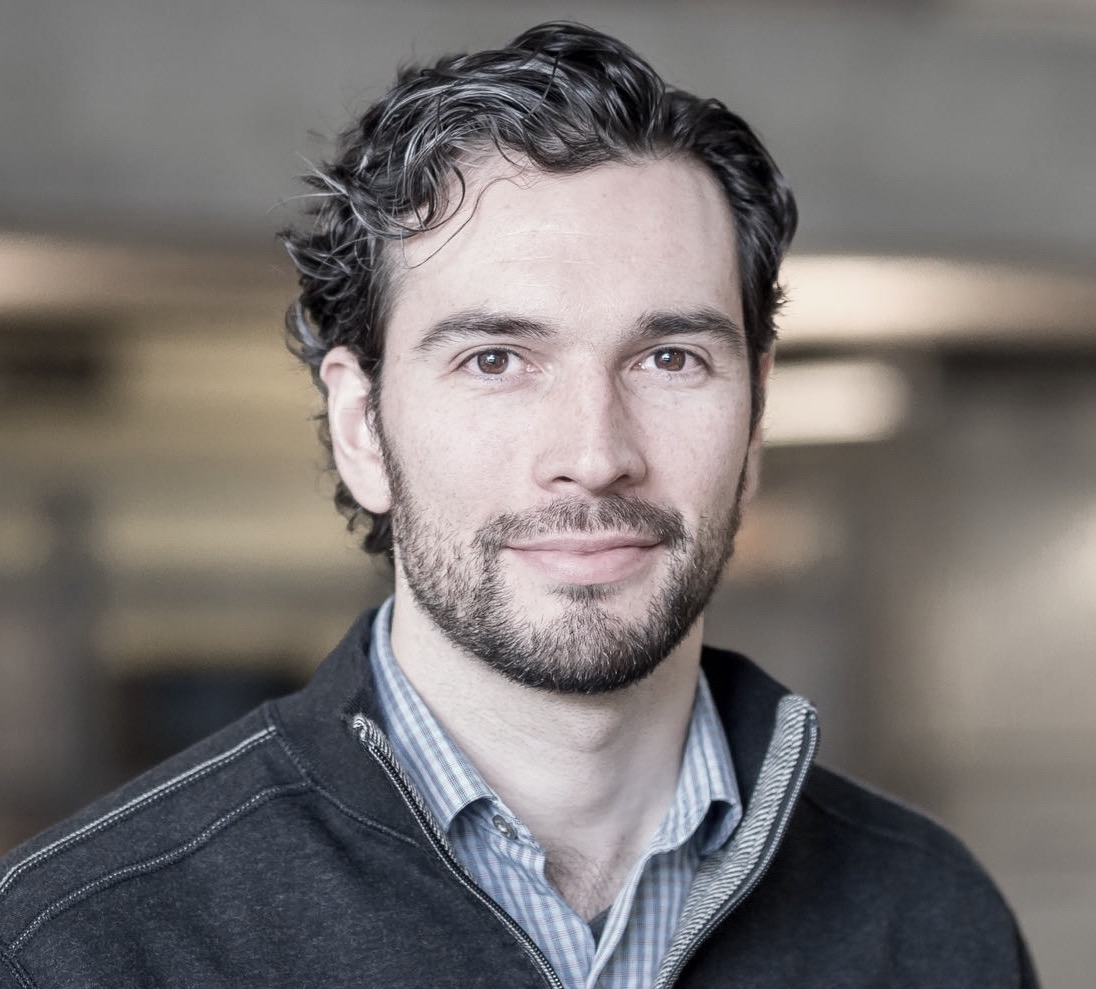Workshop Schedule
HPPSS will take place on Sunday, November 12th from 9 AM - 12:30 PM MT in room 501-502.
Event |
Speaker(s) |
Time |
|---|---|---|
HPPSS Introduction |
Pete Mendygral, Daniel Margala, Sam Foreman |
9 AM - 9:15 AM |
Invited Speaker |
Travis Oliphant |
9:15 AM - 10 AM |
Morning Break |
10 AM - 10:30 AM |
|
Demonstration of Portable Performance of Scientific Machine Learning on High Performance Computing Systems |
Khalid Hossain |
10:30 AM - 10:45 AM |
WisdomWombat: A Polyglot Dataflow CFD Code Using Python and Dragon |
Julius Donnert |
10:45 AM - 11 AM |
Maximizing Data Utility for HPC Python Workflow Execution |
Thanh Son Phung |
11 AM - 11:15 AM |
Dragon Proxy Runtimes and Multi-System Workflows |
Nick Radcliffe |
11:15 AM - 11:30 AM |
HPPSS Panel Discussion |
Fernanda Foertter, Torsten Hoefler, Siu Kwan Lam, Travis Oliphant, Ben Zaitlen, Richard Zamora |
11:30 AM - 12:20 PM |
HPPSS Concluding Remarks |
Pete Mendygral, Daniel Margala, Sam Foreman |
12:20 PM - 12:30 PM |
Travis Oliphant (Quansight) - Invited Speaker

Dr. Oliphant has a Ph.D. in Biomedical Engineering from the Mayo Clinic, and M.S. and B.S. degrees in Electrical Engineering (and Math) from Brigham Young University. Travis has worked extensively with Python for numerical and scientific programming since 1997, and was the primary developer of the NumPy package and the author of the definitive Guide to NumPy. He is also the primary founding author of the SciPy package and creator of the Numba project. He has also been an organizing influence in the creation of Conda, Dask, JupyterLab, and Nebari. During his academic career, he has worked in the fields of satellite remote sensing, Magnetic Resonance Imaging (MRI), ultrasound, elastography, and general inverse problems as an Assistant Professor of Electrical and Computer Engineering at Brigham Young University from 2001 to 2007. He has done consulting work since 1997 in many areas involving science, industry, and computation including laser scattering off of semiconductors, sparse matrix calculations for search engines, mesh transformations for fluid dynamics, real-time risk calculations, real-time trading algorithms, open-source development, and many other projects. Dr. Oliphant was a leader at Enthought from 2007 until 2011 and then founded Anaconda in 2012, serving as its founding CEO until 2017. Travis founded Quansight in 2018, Quansight Initiate in 2019, and OpenTeams in 2020. He is passionate about connecting open-source communities with companies and investors and finding aligned incentives for the world to thrive with innovation.
Speaker Email travis@quansight.com
Panel Discussion
We are excited to welcome the following collegues to participate in a panel discussion during the workshop!
Fernanda Foertter (Voltron Data)

Fernanda holds a Master’s in Materials Science Engineering from the University of Florida and a Bachelor’s in Physics from Florida International University. She’s passionate about supercomputers and finding ways to improve efficiency, utilization and user friendly interfaces in the scientific and data science communities.
She is currently a Director at a startup, Voltron Data Inc, and leads both developer relations and leads R&D partnership efforts to develop better tools for data analytics. Previously, she spent 6 years as HPC User Assistance Group as an HPC Programmer and Training Coordinator at the Oak Ridge Leadership Computing Facility. She participated in the CORAL project that selected Summit as the next supercomputer to replace Titan. She was also part of the Exascale Computing Project and was co_PI on two ECP projects: Kokkos and Training. For her last two years, she was an HPC Data Scientist working on the CANDLE project (aka Biden’s Cancer Moonshot). Throughout her time at ORNL she also served on the C++, OpenMP, and OpenACC language committees where she was the release manager for the latter.
Torsten Hoefler (ETH Zurich)

Torsten Hoefler is a Professor of Computer Science at ETH Zurich, a member of Academia Europaea, and a Fellow of the ACM and IEEE. His research interests revolve around the central topic of “Performance-centric System Design” and include scalable networks, parallel programming techniques, and performance modeling. Torsten won best paper awards at the ACM/IEEE Supercomputing Conference SC10, SC13, SC14, SC19, SC22, EuroMPI’13, HPDC’15, HPDC’16, IPDPS’15, and other conferences. He published numerous peer-reviewed scientific conference and journal articles and authored chapters of the MPI-2.2 and MPI-3.0 standards. He received the IEEE CS Sidney Fernbach Award, the ACM Gordon Bell Prize, the ISC Jack Dongarra award, the Latsis prize of ETH Zurich, as well as both ERC starting and consolidator grants. Additional information about Torsten can be found on his homepage at htor.inf.ethz.ch.
Siu Kwan Lam (Anaconda)
Siu Kwan Lam is the lead developer of the Numba open-source compiler project at Anaconda. He received an MS degree in computer engineering from San Jose State University. During his academic journey, he had the privilege of assisting in the development and instruction of the CUDA programming course. In collaboration with the GPU Open Analytics Initiative, Siu Kwan played a part in the early stages of the GPU DataFrame project, which eventually evolved into the RAPIDS framework. He remains passionate about exploring ways to integrate compiler technologies into the Python ecosystem.
Travis Oliphant (Quansight)
Travis is also our invited speaker, and you can learn more about him here.
Ben Zaitlan (NVIDIA)

Benjamin is a System Software Manager at NVIDIA. He has been a long time contributor to the Python and PyData ecosystem. Currently he is helping accelerate the PyData stack on GPUs as part of the RAPIDS project
Richard Zamora (NVIDIA)

Richard (Rick) Zamora is a Senior Systems Software Engineer on the RAPIDS team at NVIDIA. After earning his PhD at Cornell University, he began his career in the Theoretical Division at Los Alamos National Laboratory, and eventually moved into parallel-computing research and high-performance software engineering. Richard is currently working to improve the performance and scalability of distributed RAPIDS libraries (especially Dask cuDF) and is a frequent contributor to several open-source Python projects.